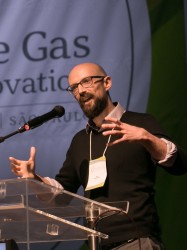BibTex format
@article{Chatenet:2022:10.1039/d0cs01079k,
author = {Chatenet, M and Pollet, BG and Dekel, DR and Dionigi, F and Deseure, J and Millet, P and Braatz, RD and Bazant, MZ and Eikerling, M and Staffell, I and Balcombe, P and Shao-Horn, Y and Schaefer, H},
doi = {10.1039/d0cs01079k},
journal = {Chemical Society Reviews},
pages = {4583--4762},
title = {Water electrolysis: from textbook knowledge to the latest scientific strategies and industrial developments},
url = {http://dx.doi.org/10.1039/d0cs01079k},
volume = {51},
year = {2022}
}

